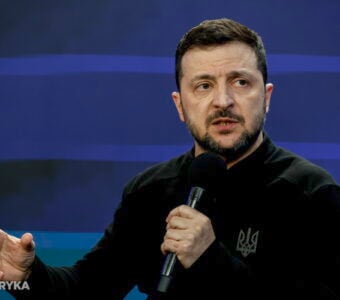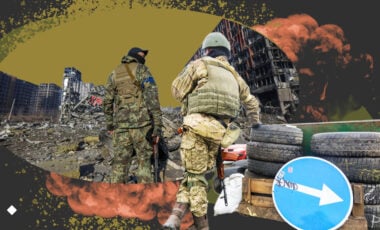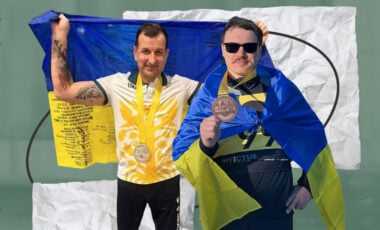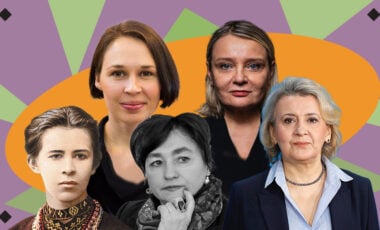Putin demands Ukraine's "irreversible demilitarization" as precondition for any ceasefire agreement — ISW
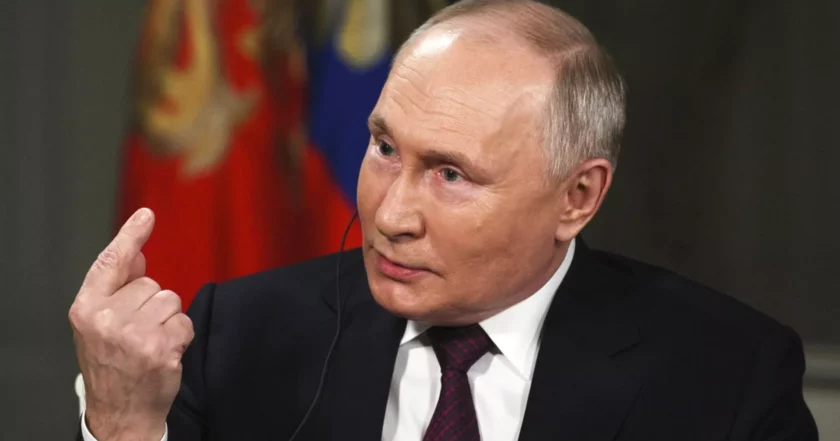
Photo: Gavriil Grigorov / Sputnik
Russian dictator Vladimir Putin's denial of any peace talks with Ukraine shows his confidence in the victory of Russia through a creeping occupation, the exhaustion of the armed forces, and the cessation of Western aid.
Rubryka reports this, referring to the Institute for the Study of War (ISW) report.
The report cites and analyzes the dictator's statements during the Shanghai Cooperation Organization (SCO) summit on Thursday, July 4.
In particular, Putin rejected Russia's participation in any meaningful negotiations regarding the ceasefire agreement. Instead, he demanded Ukraine's "irreversible demilitarization" as a prerequisite for any ceasefire agreement. Thus, Putin demands Ukraine's actual surrender before any ceasefire.
ISW noted that instead of offering his typical feigned interest in such talks, Putin rejected any ceasefire negotiations.
"Putin has repeatedly portrayed the West as his envisioned negotiating partner in a ceasefire agreement in order to prompt Western concessions on Ukrainian sovereignty, but Putin notably dismissed all intermediary parties as possible mediators for an agreement between Ukraine and Russia," the report says.
In addition, ISW notes that Putin rejected Ukraine's parliament as a possible contact person for negotiations. However, he previously claimed it was the only legitimate Ukrainian body with which Russia could negotiate.
The dictator has labeled all Ukrainian authorities as illegitimate or unfit for negotiation and has rejected the idea of third parties participating in negotiations, effectively rejecting any realistic process of full-fledged negotiations on a cease-fire agreement. Instead, the report says, he emphasized his demand for a ceasefire from Ukraine.
It is noted that in this way, Putin demands Ukraine's consent to irreversible "demilitarization" measures — the dictator claimed that Russia could not allow the Ukrainian military to use the ceasefire to restore its forces.
ISW analysts believe that Putin will use the respite to restore and expand his forces and further mobilize his defense-industrial base "for future aggression aiming to destroy the Ukrainian state."
"Putin's rejection of any ceasefire agreement short of Ukrainian capitulation further illustrates that he is confident in his assessment that Russia can pursue victory by continuing creeping advances in Ukraine, outlasting Western support for Ukraine, and winning a war of attrition against Ukrainian forces," the ISW report says.
Key ISW takeaways as of July 4
- Russian President Vladimir Putin explicitly rejected Russian participation in any meaningful negotiations on a ceasefire agreement, instead demanding Ukraine's "irreversible" "demilitarization" as a precondition for any ceasefire agreement. Putin is thus demanding that Ukraine effectively surrender in advance of any ceasefire.
- Russian Federal Security Service (FSB) officers reportedly detained the commander of the Russian 83rd Guards Airborne Assault (VDV) Brigade, Colonel Artyom Gorodilov, on fraud charges on July 3 following reports of the brigade suffering heavy losses in the Kharkiv direction in June 2024.
- Russian President Vladimir Putin supported the Shanghai Cooperation Organization's (SCO) efforts to expand its presence in Central Asia and will likely use an increased SCO presence as one of its levers to expand Russian influence in the region.
- The US Department of Defense (DoD) announced the purchase of $2.2 billion worth of US-produced air defense interceptors and an aid package worth $150 million for Ukraine on July 3.
- Russian forces recently advanced near Kreminna, Avdiivka, and Donetsk City.
- Russian Security Council Deputy Chairperson Dmitry Medvedev claimed on July 4 that around 190,000 Russians signed military service contracts during the first six months of 2024 during a Russian Ministry of Defense (MoD) meeting about staffing the Russian military with contract soldiers.




